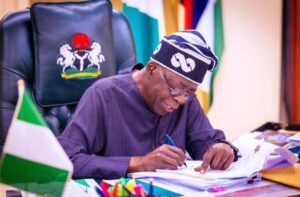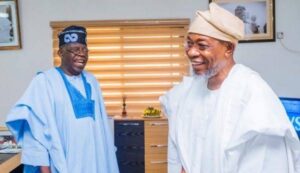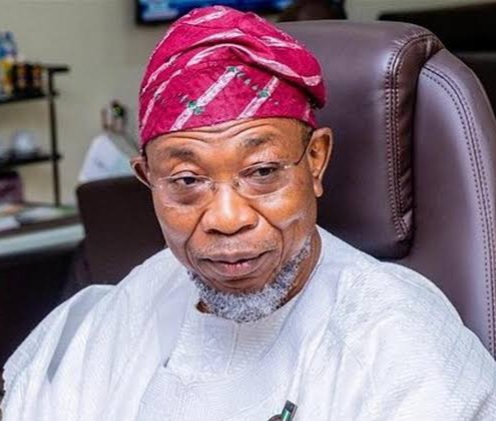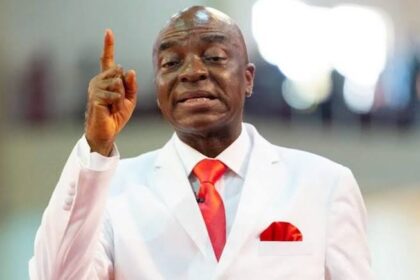Former Minister of Interior Rauf Aregbesola has called on President Bola Tinubu to take urgent action regarding the escalating hunger crisis in Nigeria, which is impacting millions of citizens. He emphasized the need for proactive measures to address this pressing issue, warning that the situation could potentially lead to significant unrest.
Aregbesola’s remarks come in light of a recent estimate from the United Nations World Food Programme (WFP) indicating that $228 million is required to fulfill the food and nutrition needs of 1.6 million individuals in the North East of Nigeria over the next six months. This presents an opportunity for the government to mobilize resources and collaborate with international organizations to support those in need. …CONTINUE READING


Aregbesola, a former political ally of President Bola Tinubu, made this statement on Monday during a panel session at a national dialogue on the Parliamentary Bill, organised by the Parliamentary System Support Group in the House of Representatives in Abuja.
The session featured Mr Aregbesola, the former Speaker of the House of Representatives, Yakubu Dogara, the Minority Leader of the House, Kingsley Chinda, youth advocate Chimdi Neliaku, and the Vice-Chancellor of the University of Benin, Edoba Omoregie.
It was moderated by Nnenna Ekeji, a former member of the lower chamber.
The group is advocating for Nigeria’s return to a parliamentary system. In February, 60 lawmakers sponsored a bill in the National Assembly to amend the 1999 Constitution to facilitate the transition to the system.
Revolution
Aregbesola stated that Nigeria is declining daily. He cited rising inequality between the few wealthy and the majority poor. He said the worsening economic situation and lack of guaranteed rights make revolution an acceptable option for many.
“We have seen worsening economic—even political and spiritual—conditions of Nigerians. You don’t need to be a nuclear scientist to know that. A smaller percentage of Nigerians are now prosperous—not that there is no prosperity in Nigeria—but it is decreasing daily.
“When I was born, and during my developmental years, wealth was not as limited to the hands of a very few people as it is today. So, what does that tell us? It tells us that we are in deep trouble. We would not be here discussing this if things were normal in Nigeria,” he said.
Aregbesola, who served as interior minister in the immediate past administration of President Muhammadu Buhari, said he had mentioned in passing that the primary responsibility of government is the welfare and security of the people. He argued that there cannot be a stable society when these two things cannot be guaranteed.
“Whatever does not give appropriate opportunity or rights to the people will be resisted no matter what you do. If other things fail, people can revolt. If we are conscious of all this and understand the consequences of things getting out of hand, we would be interested in finding the best ways to govern ourselves,” he said.
Case for parliamentary system
Mr Aregbesola strongly argued for transitioning to a parliamentary system, as outlined in the proposed bill, arguing that it is impractical for a single individual to govern a country of 220 million people.
He insisted he has never supported the executive system.
The former governor, who introduced the parliamentary system at the local government level during his tenure, further argued that the “dictatorial tendencies” of Nigerian leaders could lead to another form of colonialism, adding that their current attitude is similar to that seen in pre-colonial Nigeria.
“If we go on believing that one person, no matter how capable, has the capacity to govern over 220 million Nigerians alone, without checks, we are kidding ourselves. By that alone, I am opposed to the executive system of government. I believe in a collective arrangement, which the parliamentary system best supports for a nation like ours.
“There was a weakness that led to our colonialism in the first place; it was a weakness. If you are strong enough, you wouldn’t be colonised. Part of it is these individual dictators we call rulers,” he said.
Crackdown
Aregbesola’s warning is coming amid an increased government crackdown on protesters.
Last week, the government came under scrutiny following the arraignment of some underage Nigerians for treason in connection with the August protests against economic hardship.



